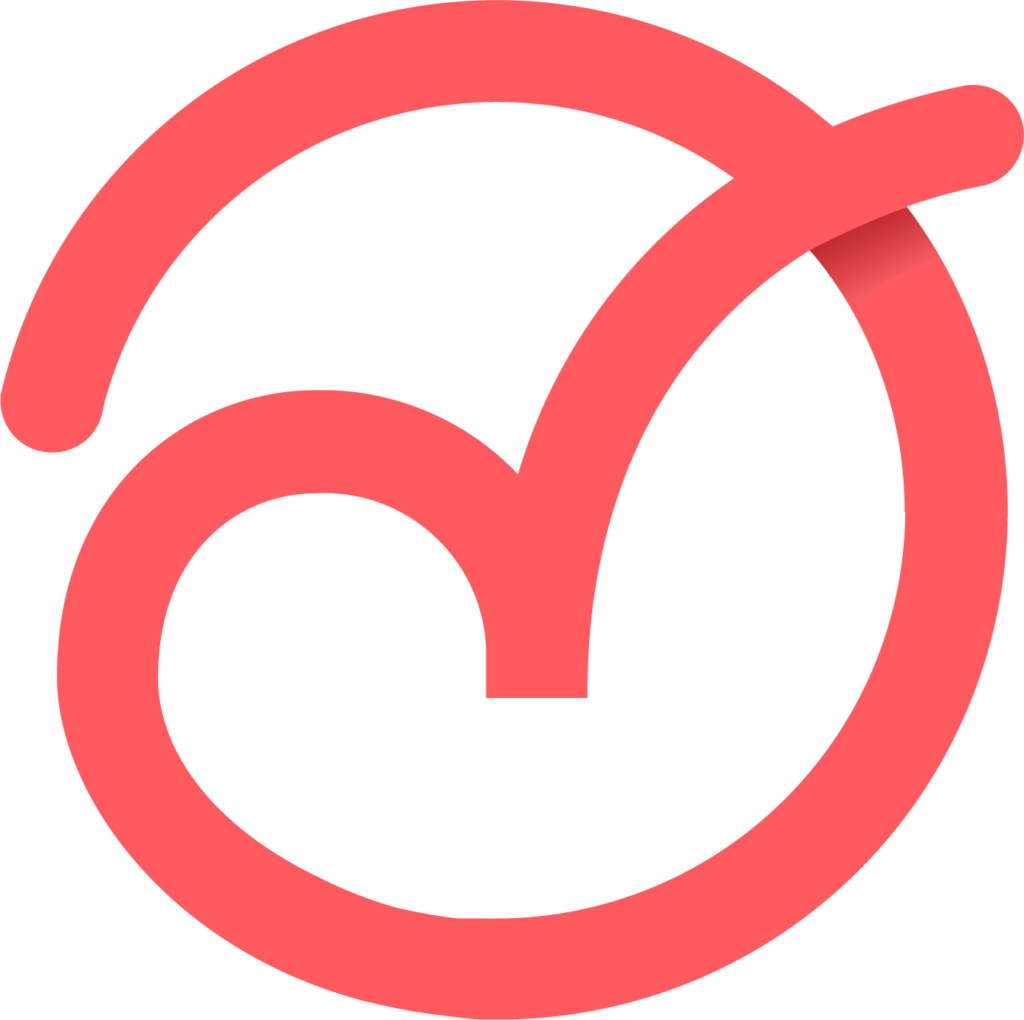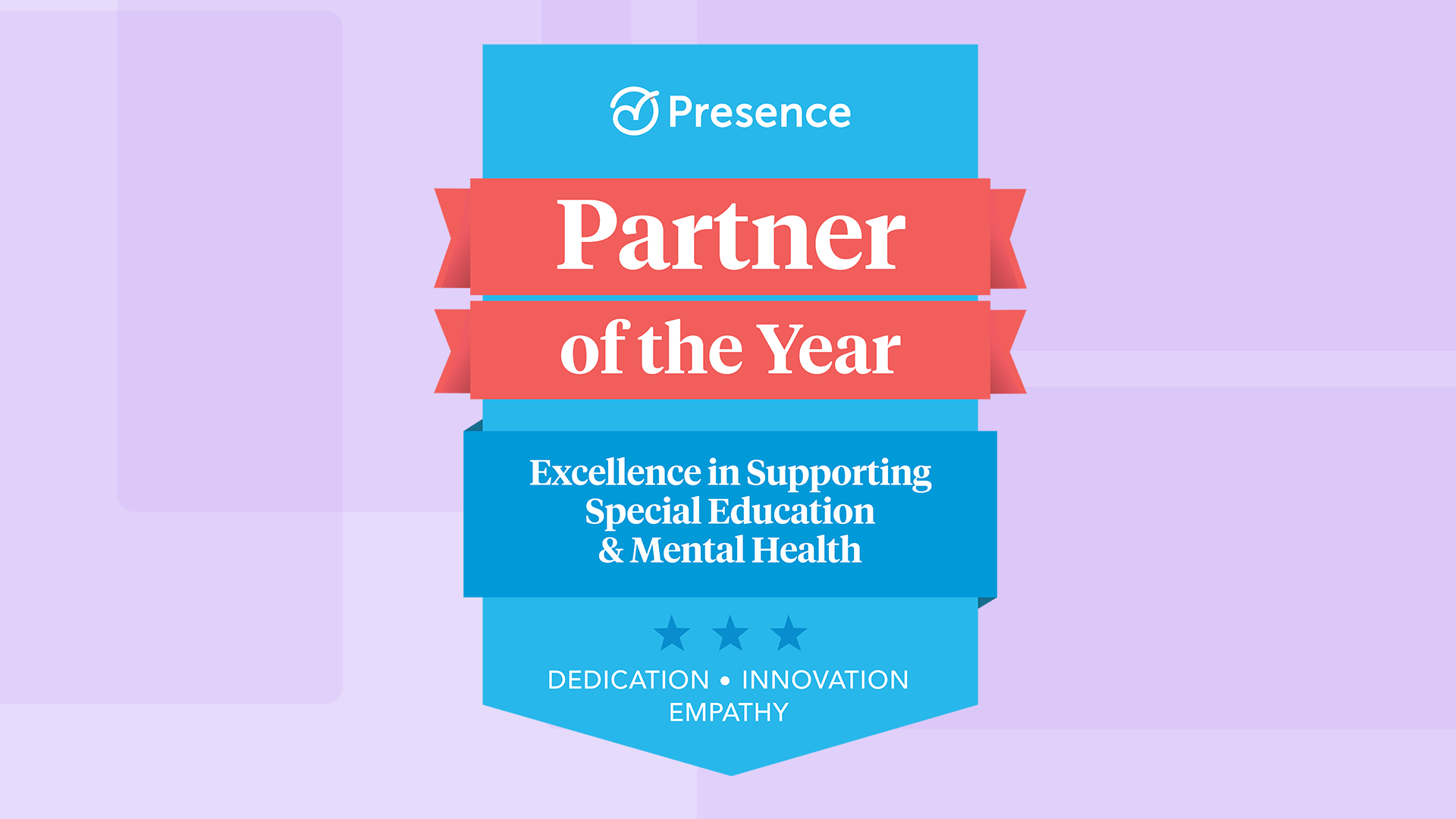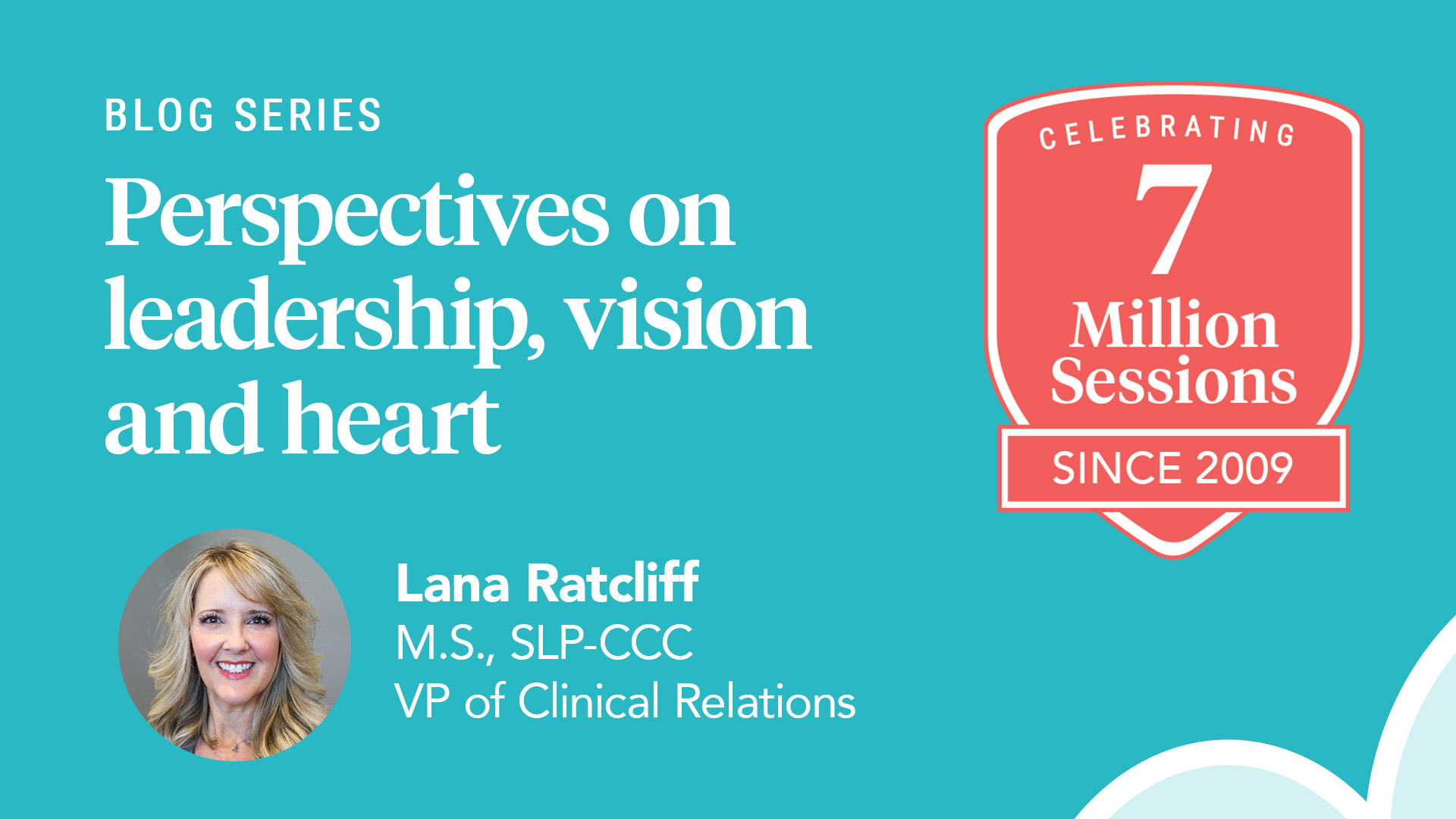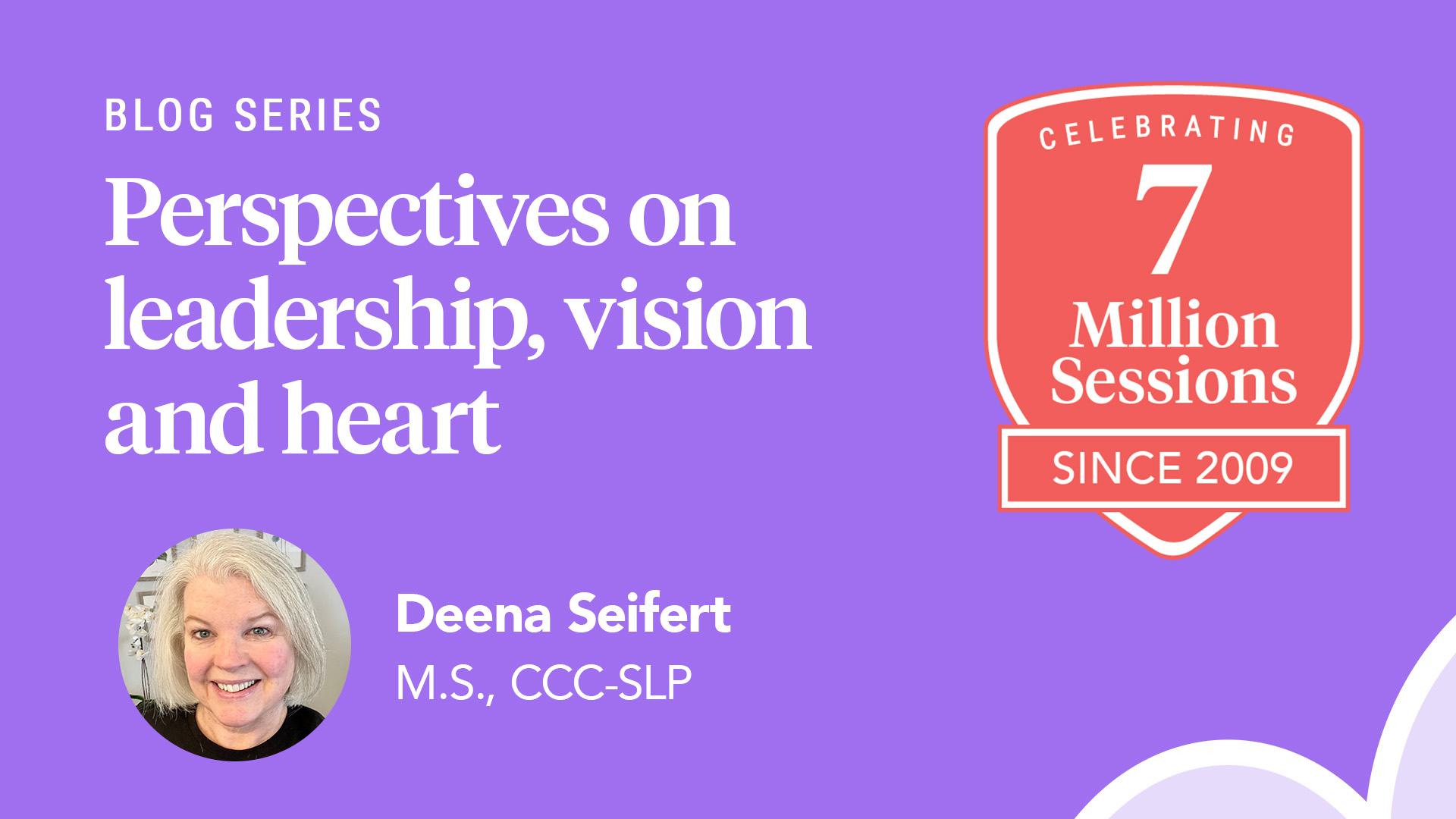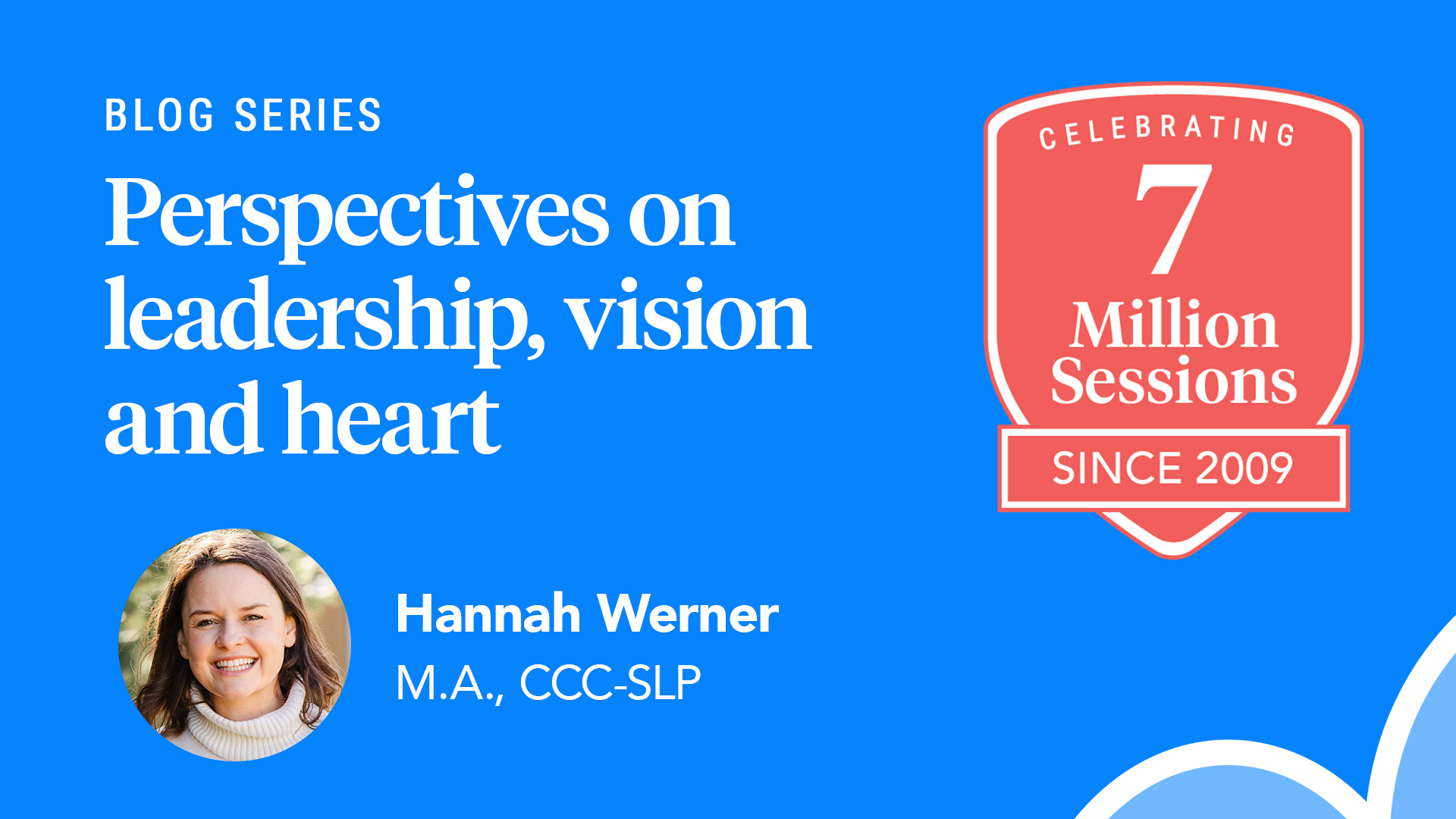Your Most Precarious Phase in the Job Search
If there’s any phase in the job search process where candidates slip up the most, it’s the interview phase, said Kathy Northamer, a district president at the Robert Half staffing agency in Minneapolis. “That’s why it’s crucial to prepare answers to potential questions before you enter the hiring manager’s office,” she said.
Interviewers need to quickly vet the candidate in three critical areas:
- Technical expertise to do the job
- Interpersonal skills to get along with co-workers
- A desire to join the company
“To ensure a candidate has the right temperament for the work environment, managers must go beyond the first quality. To find out how he/she may fit (the second two qualities), they will ask general questions, behavioral questions, and the occasional curveball,” Northamer said.
There’s a Reason for Tough Questions
It’s just unavoidable. Getting ready for your job interview requires your anticipating and preparing answers to tough questions. Some of these may be trick questions, others are designed to put you off guard to see how you react. Then, there may be those that have neither a correct nor incorrect answer or ask you to problem-solve.
These tougher questions have an important purpose: they reveal to the interviewer a deeper sense of who you are and help to determine if you’re a good fit for the company. When answering these questions, try to provide anecdotes and specific examples from your previous work experiences, focusing when possible upon how these experiences have molded you as an employee.
Compelling Answers to the 3 Toughest Questions
1. What is your greatest weakness for which you are criticized?
What They are Really Asking
This question seeks to assess your self-awareness, how honest you are about yourself, and your ability to accept criticism. Although the “What is your greatest weakness?” questions are painful, interviewers still love to ask them, and you need to have a good answer ready. While the interviewer wants you to be honest, don’t feel obligated to dig into your dark past or share everything.
Be careful not to offer canned answers such as, “I’m a perfectionist.” (The interviewer will understandably suspect that you don’t see that as a weakness, and will regard your answer as a loss — or even worse, hold it against you for being cagey.)
Experience has shown that the optimal way to answer questions regarding weaknesses is, to be honest, positive, and solution-oriented. Carefully select a weakness that wouldn’t be a deal-breaker, and then illustrate how you overcame it. Don’t say, “I don’t have any weaknesses. The best strategy is to discuss a weakness that you have been able to transform into a strength.
Best Answer
I have been told time and again that I am too hard on myself. The truth is, that I invest a nice amount of my ego into my work, and am always concerned that the copy I produce might not be “good enough.” Based on what I have read, this seems to be a pretty common mindset among writers. Given the choice, I would rather aspire to this higher standard than to complacently dash off a lot of text that hasn’t been adequately thought through.
2. What can you tell me about one of your failures?
What They are Really Asking
We all know that at some point, everyone has a project that went awry, a big sale that fell through, or some situation that probably should have been handled differently. Recruiters are well aware of this, so be prepared to show how you handled such a situation and learned from it, said Jake Wyant, director of staffing and capacity planning in the Minneapolis office of Avaap USA, a provider of IT services and solutions.
“I’m looking for stories,” Wyant said. “Success stories — or stories of how candidates failed and what they learned from it. Did they stick it out and learn from it, or did they bailout?”
There are five key things to keep in mind when answering this question.
- Don’t talk about a disaster that severely hurt your company
- Show that you are accountable, instead of making excuses
- Demonstrate how you have learned from your mistakes
- Stay on track by telling a clear, concise story
- Remain humble
Best Answer
“In my last job, our CEO gave me the opportunity to interview and hire entry-level people for our team. I selected someone who appeared to have a lot of potential but also had some “red flags” as well, that concerned me. In the end, that hire turned out to be a big mistake. His poor attitude dragged the team down until my CEO had to fire him.
I learned that I need to be more careful, be more deliberate with my decisions, and consult with others on the team who have more experience when I am uncertain about something. I also came to appreciate how important each hiring decision is. This has made me a better manager in the last couple of years of my career. Since that fateful mistake, I’ve hired 8 other people and never had such a negative experience like this again. But it was a critical lesson to learn early in my career.”
3. What did you like and dislike about your previous job?
What They are Really Asking
The tone of your response to this question carries more weight than the response itself. The interviewer wants to find out if you are a complainer or if you take a challenging situation and work with it. Remain focused on the positive, and be careful not to whine about some task that will prove to be essential in your new role.
Best Answer
I am introverted, so I really appreciate the opportunity to work independently, with little supervision. Since I’m a very organized, analytical person who has the capacity to focus like a laser beam on the small details of a scientific experiment, being left alone enhances my productivity. The one thing I disliked about the position was that the funding for the project was tenuous. I decided to take the bull by the horns and help to remedy the problem by writing a few grant proposals that secured funding from the NIH.
